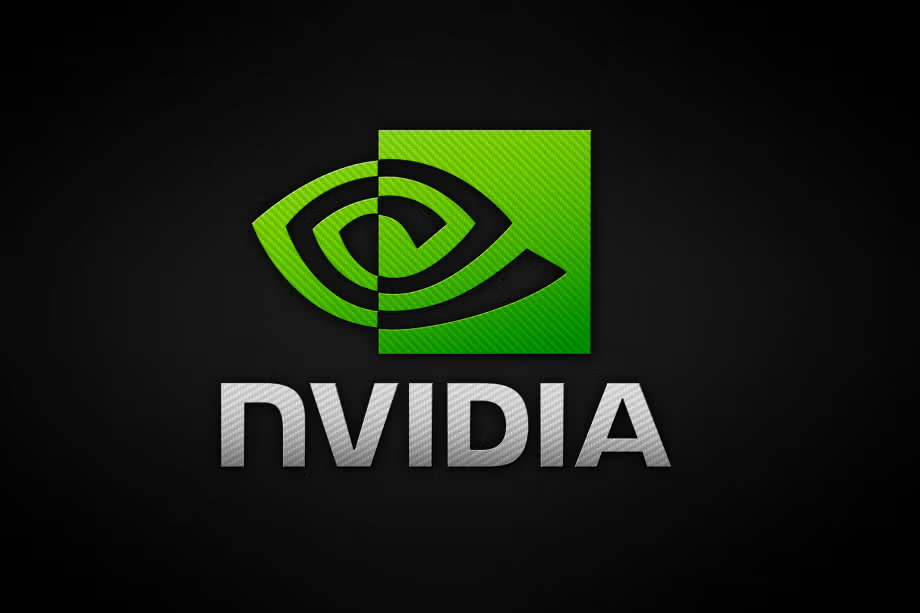Nvidia's efforts to regain ground in the crucial Chinese market with its H20 AI chip are facing significant headwinds, primarily stemming from production challenges. Despite receiving assurances from the U.S. government that shipments would be approved, the chipmaker is struggling to meet the anticipated demand, casting a shadow over its ambitious comeback.
One of the major issues is limited production capabilities. After the U.S. ban in April, Nvidia reportedly canceled its chip production plans with Taiwan Semiconductor (TSMC). TSMC then reassigned those production lines to other clients, and with their factories now operating at full capacity, quickly switching back to H20 production is proving difficult. Nvidia CEO Jensen Huang stated in Beijing that creating new chips from scratch could take at least nine months, indicating that the company will initially rely on existing stock.
This reliance on existing inventory has led to concerns about supply shortages. Nvidia has reportedly informed its Chinese customers that H20 supplies are limited and that it doesn't plan to restart production soon. This has created a sense of urgency among Chinese tech giants like ByteDance and Alibaba, who are eager to secure their supply of the chips, further straining the already tight supply.
Adding to the complexity, Nvidia's return to the Chinese market is also facing political pressure. Some U.S. lawmakers have voiced concerns that selling H20 chips to China could boost its technological capabilities and undermine U.S. efforts to restrict China's access to advanced chip technology. Republican representative John Moolenaar, in a letter to Commerce Secretary Howard Lutnick, argued that the U.S. should not allow its chips to power China's military AI, control its people, or threaten American innovation.
Despite these challenges, the Chinese market remains a key priority for Nvidia. The company has designed the H20 chip specifically to comply with U.S. export regulations, and analysts project that its reintroduction could generate billions of dollars in revenue. Furthermore, Nvidia is planning to launch a China-tailored version of the RTX PRO 600, featuring the new Blackwell GPU architecture, expected in the second half of 2025. The company is also expected to ship its new B30 chip in Q4 2024, which offers 10-20% lower performance than the H20 but at a 30-40% reduced cost.
The U.S. government's decision to ease export restrictions on Nvidia's H20 chips reflects the importance of the Chinese market for the company. Nvidia anticipates shipping 400,000 H20 units to China with eased restrictions. However, the company must navigate the challenges of limited production capacity, political pressures, and managing customer expectations to fully capitalize on this opportunity.
It remains to be seen how Nvidia will overcome these obstacles and secure its position in the Chinese market. The company's ability to address the production challenges and navigate the geopolitical landscape will be crucial in determining the success of its China market comeback.

















